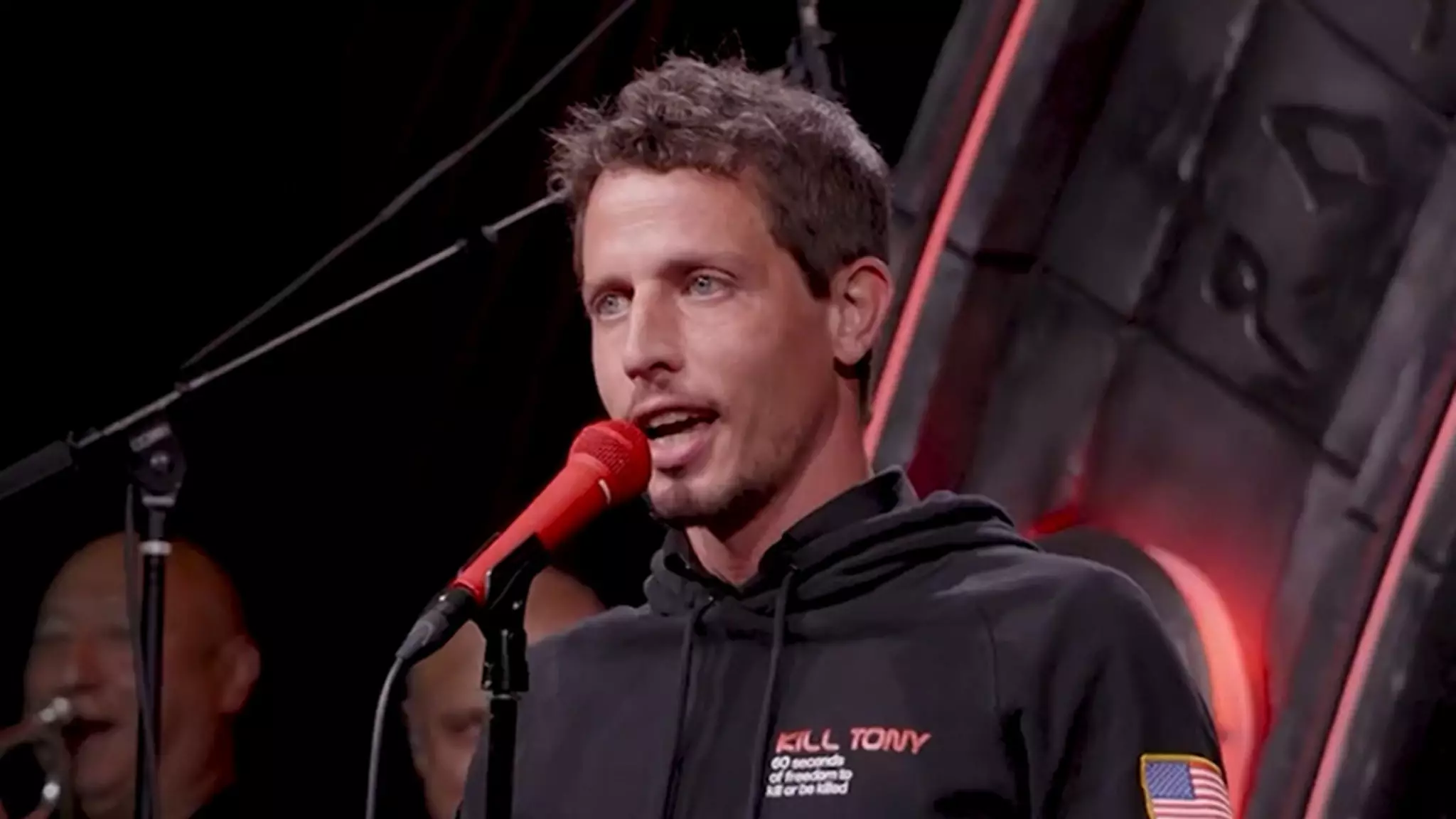The world of comedy is often riddled with controversial statements and provocative humor, but few incidents have sparked as much ire recently as Tony Hinchcliffe’s ill-timed joke about Puerto Rico. During a performance at Madison Square Garden, Hinchcliffe made a remark that drew immediate backlash for its tastelessness. The line in question compared Puerto Rico to a “floating island of garbage,” seemingly satirizing the environmental crisis but instead invoking ire from various communities and political figures.
On October 27, 2023, Hinchcliffe performed at a Donald Trump rally in New York City, a bold backdrop for comedy. Instead of bringing levity to a charged political environment, Hinchcliffe’s joke hit a nerve, drawing outrage both online and in person. Politicians and community leaders swiftly condemned the remarks, arguing that not only was it offensive, but it also jeopardized Trump’s efforts to appeal to Hispanic voters—a demographic crucial to his political strategy. The stakes were high, and his quip landed squarely in murky waters.
The following evening, Hinchcliffe addressed the controversy in a new routine while appearing on his “Kill Tony” podcast, but his approach was unrepentant. Instead of clarifying his position, he used the opportunity to double down, proclaiming his affection for Puerto Ricans while simultaneously stating his refusal to apologize. This playfulness with language and disregard for the resulting fallout captures the classic comedian’s dilemma; balancing edgy humor with social responsibility.
Hinchcliffe’s choices exemplify a broader question facing comedians today: where is the line between humor and harm? Comedy has long been a vehicle for addressing societal issues, often invoking discomfort to highlight the absurdity of our reality. However, in a politically charged atmosphere, the responsibility to avoid unnecessary offense grows. Hinchcliffe’s decision to continue with a divisive narrative seems to reflect a growing trend among certain comedians who prioritize shock value over sensitivity, raising questions about the implications of their work in the social landscape.
As this incident unfolds, the reactions from the public and the media continue to illuminate the dual nature of comedy—as both an instrument of free speech and a potential catalyst for division. Tony Hinchcliffe’s case highlights the passionate debates surrounding cultural sensitivity in humor, particularly concerning marginalized communities. In an age characterized by accusations of insensitivity, Hinchcliffe’s unapologetic stance may serve to alienate some while emboldening his supporters, exemplifying the intricate tightrope comedians must walk amid the complexities of contemporary social discourse. Ultimately, the consequences of such humor extend beyond an immediate laugh, prompting a reflection on the responsibilities that come with wielding such a powerful tool in society.

Leave a Reply